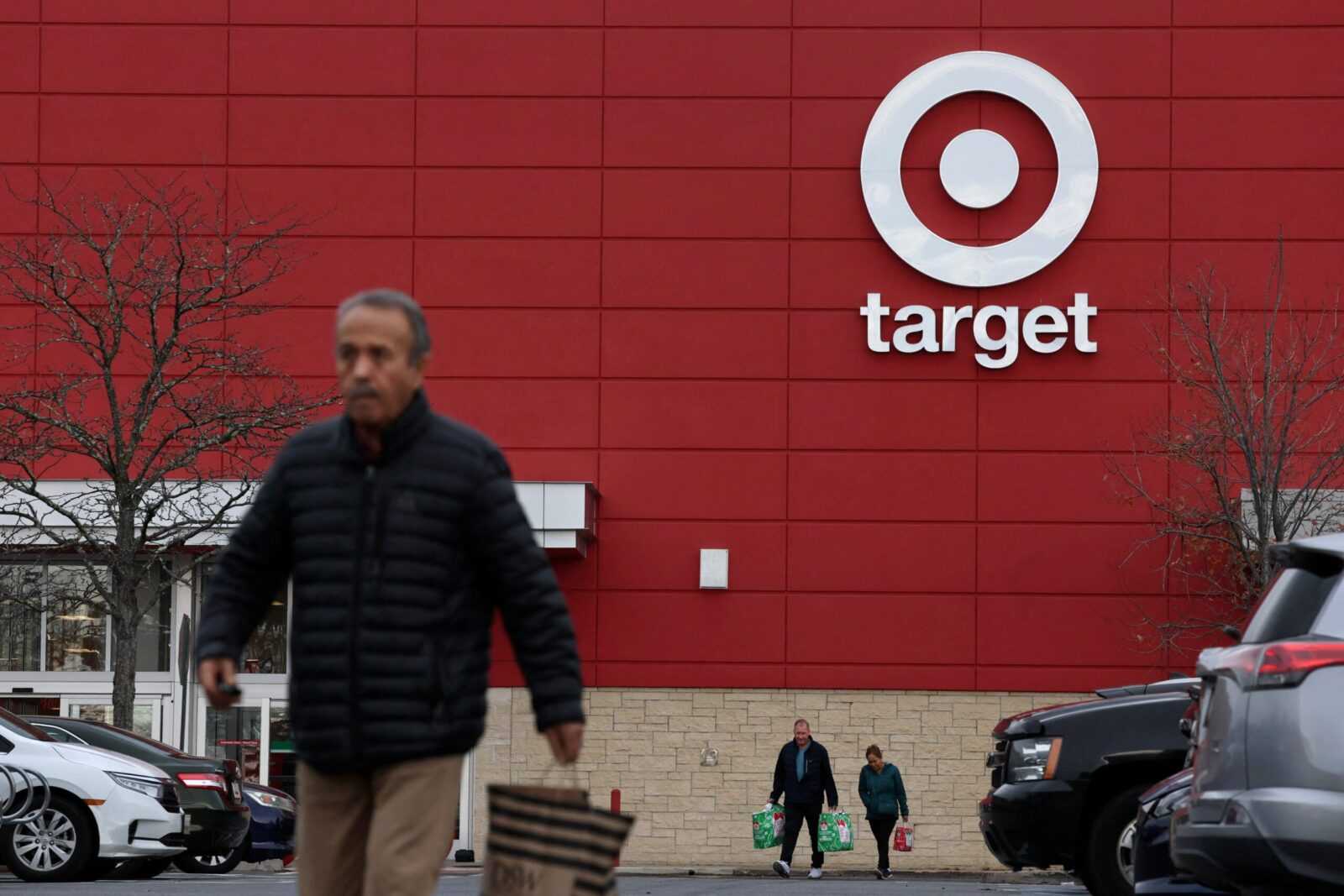Target Boycott Donations Gain Momentum as Protests Loom Ahead

Introduction
The target boycott donations movement is gaining traction as consumers rally against corporate policies they deem unacceptable. This grassroots effort reflects the growing importance of activism in shaping corporate behaviors and policies. With many people leveraging their purchasing power as a form of protest, the implications for companies like Target are significant and revealing.
Background of the Target Boycott Movement
Origins and Motivations
The Target boycott movement originated from a series of controversies regarding the company’s stance on various social issues, including LGBTQ+ rights and corporate donations. Key issues leading to the boycott include Target’s support for organizations that some individuals perceive as contrary to their values. Initial reactions from the public and media ranged from strong support for the boycott to critiques of the activists involved, showcasing the divided opinions surrounding the movement.
The response has greatly impacted Target’s brand reputation. Many consumers have publicly declared their intention to stop shopping at Target until their concerns are addressed, prompting conversations about corporate accountability in the digital age. Social media platforms serve as a litmus test for public sentiment, with countless posts either supporting or opposing the boycott.
Impact on Target’s Brand and Reputation
The financial implications of this movement have been notable. Reports suggest a decline in sales following the onset of the boycott, highlighting the power of consumer activism. Furthermore, social media has acted as a battleground for opinions, with hashtags related to the boycott trending amidst widespread commentary.
The Role of Donations in the Boycott
Target Boycott Donations: Support for Activism
One pivotal aspect of the target boycott donations movement is the financial support gathered to sustain activism efforts. Donations play a crucial role in funding protest logistics, advocacy groups, and promotional activities aimed at increasing awareness. Many supporters see solidarity among boycotters through financial contributions to initiatives seeking corporate change.
As the boycott gains momentum, an analysis of donation trends reveals growth during protest peaks. Significant financial contributions may alter the corporate landscape, encouraging companies like Target to reassess their stances. This shows the potential influence that well-organized donation efforts can have on corporate responses.
Analysis of Donation Trends and Their Effects
As public discontent rises, the surge in target boycott donations showcases a collective commitment to the cause. These contributions highlight the growing sophistication and organization among activists, who leverage their financial resources to communicate their message. Overall, this trend reveals how collective funding can fortify movements and compel corporate accountability.
Future of the Target Boycott Movement
Upcoming Protests and Planned Activities
Looking forward, multiple protests and planned activities are on the agenda for supporters of the boycott movement. Organizers are strategizing ways to maximize visibility and impact, intending to make their voices heard. This growing momentum indicates that more protests are on the horizon as activists aim to reinforce their demands for change.
Predictions for Corporate Accountability and Policy Changes
As activism continues, predictions suggest that consumer power will play an increasingly vital role in demanding corporate accountability. Companies are likely to face more pressure to evaluate and alter their policies in response to widespread consumer backlash. The evolution of boycott strategies may lead to more innovative and effective means of encouraging change.
Conclusion
The target boycott donations movement reflects the ongoing struggle between consumer power and corporate responsibility. As activists continue to mobilize resources and organize protests, the impact of these collective efforts on corporate practices is undeniable. The emerging trends in donations and public sentiment indicate a potent force for change, compelling corporations to consider the long-term consequences of their actions.
For further information on the impact of consumer activism, visit Human Rights Campaign or check out more on Corporate Social Responsibility.






